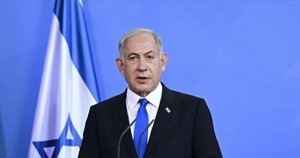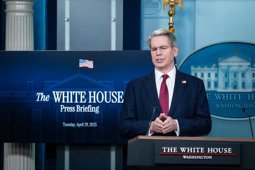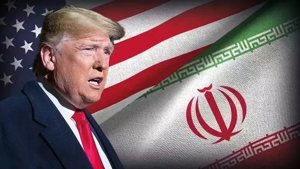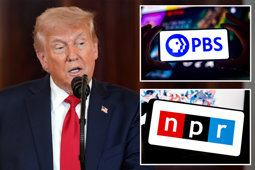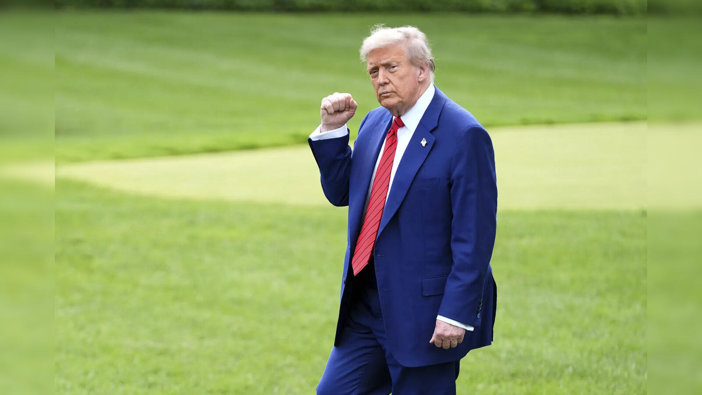
Trump’s Iran Strikes Draw Praise and Criticism
Trump’s decisive strikes on Iran’s nuclear sites draw bipartisan reactions and revive the debate over U.S. policy toward regime change.
Precision Attacks on Iran Prompt Unusual Praise—and Concerns
President Donald Trump’s recent order to bomb Iran’s key nuclear facilities has produced an uncommon moment of approval from even some of his staunchest critics. The mission, which relied on calculated deception—including a public posture of indecision and the deployment of a decoy fleet of B-2 bombers—was lauded as a risky but effective operation. Notably, figures from across the political spectrum acknowledged the military’s power, precision, and secrecy.
Columnists such as Bret Stephens, often critical of the president, called the bombings “a courageous and correct decision that deserves respect,” noting Trump could have left the task to Israel but chose direct action. David Ignatius, writing for the Washington Post, recognized that the operation was larger and more comprehensive than many had expected and proved America’s unmatched global reach.
Still, reactions split along familiar lines: conservatives and Republicans largely hailed the mission, while liberals and Democrats voiced strong opposition. Many observers pointed out that the reaction might have been reversed had the Biden administration carried out the same strikes. The president’s approach has also renewed scrutiny over whether Congressional approval is necessary for such military actions, though some argue that executive secrecy was key to success in this case.
Regime Change Debate Rekindled Amid Strategic Uncertainty
The president further stirred debate by suggesting “regime change” in Iran, echoing sentiments from previous administrations. While some interpreted this as a calculated move to pressure Iran’s leaders, others warned against repeating the costly mistakes of past interventions, such as the Iraq War. The administration’s messaging, reinforced by statements from press secretary Karoline Leavitt, left open the possibility that only the Iranian people should decide their leadership, even as U.S. military might remains a constant backdrop.
Analysts noted that Iran’s muted initial retaliation—ballistic missiles fired at a U.S. base in Qatar, resulting in no casualties—was likely meant to avoid further escalation. The United States’ command of Iranian airspace, a result of preceding Israeli airstrikes, positioned the U.S. military to launch new attacks with minimal risk. The Pentagon’s use of deception and misdirection helped ensure operational secrecy, as Trump made final decisions even while appearing to deliberate in public.
Debate also continues over intelligence assessments, with reports that Trump was angered by national intelligence director Tulsi Gabbard’s testimony that Iran was not close to producing a nuclear weapon. The administration’s internal dynamics, coupled with strong Israeli intelligence warnings and direct threats to Iranian commanders, underscored the volatile situation.
Legacy and Future Implications
For many, Trump’s willingness to act decisively—and to keep the operation secret—contrasts with his prior image as a staunch non-interventionist. Even as critics warn of the dangers of renewed confrontation, others see the operation as a high-stakes gamble that may reshape global perceptions of American resolve. Observers recall Iran’s long history of animosity, from the 1979 hostage crisis to ongoing support for groups such as Hezbollah and Hamas, as well as the ever-present threat to Israel.
Ultimately, Trump’s actions have changed the conversation about U.S. leadership and intervention. Whether the strikes mark a turning point or a temporary pause in regional hostilities remains to be seen, but the debate over America’s strategy in Iran and the Middle East is far from settled.

